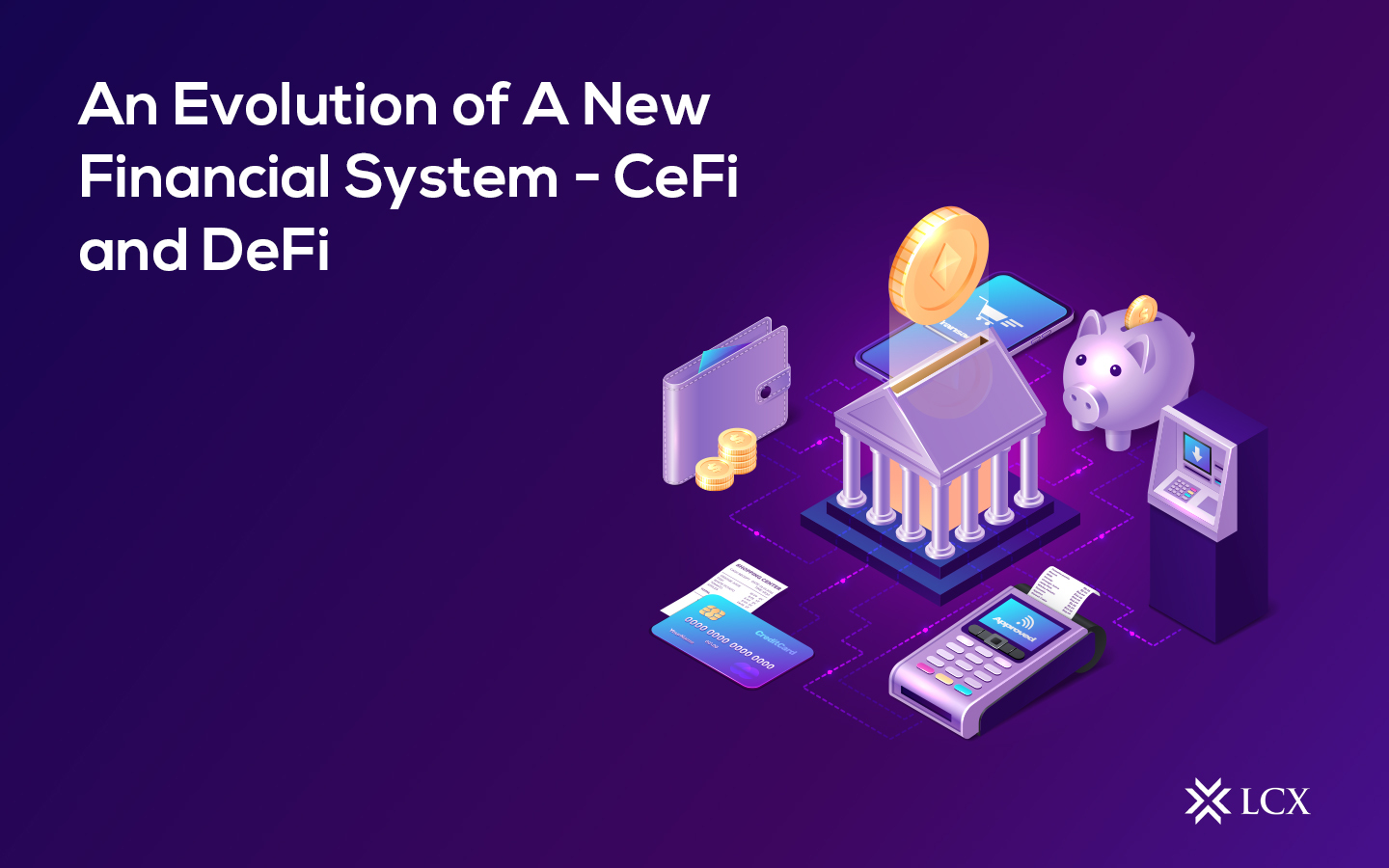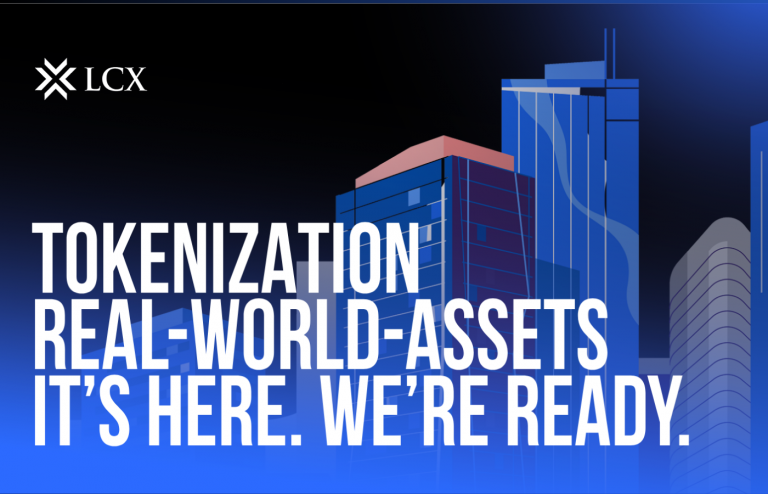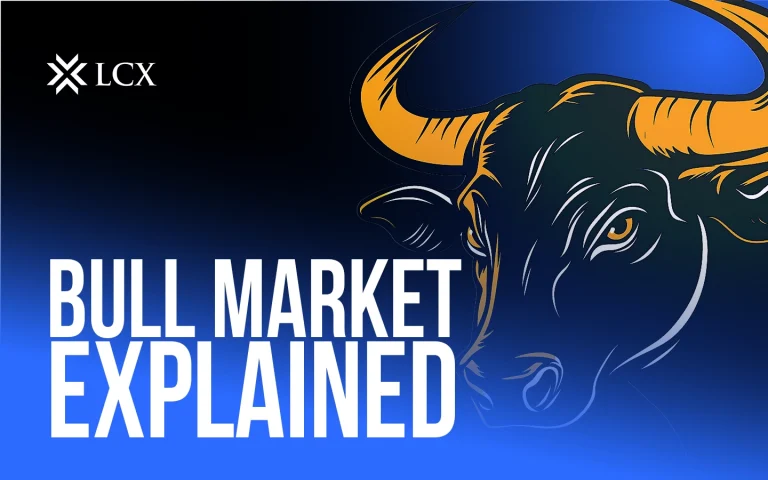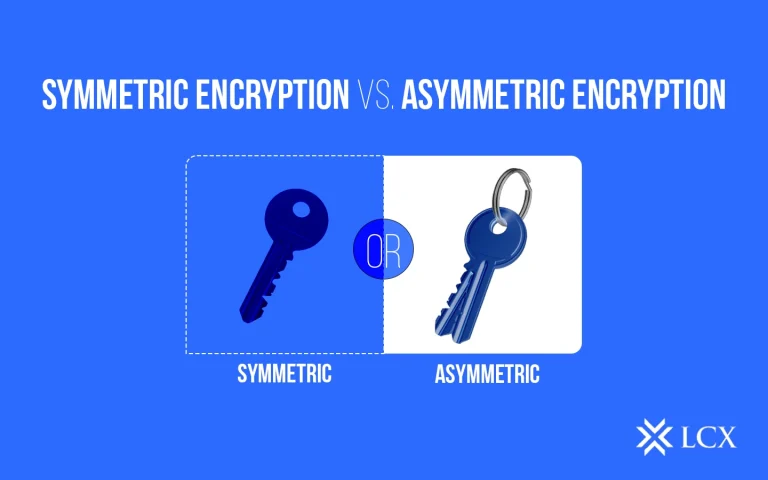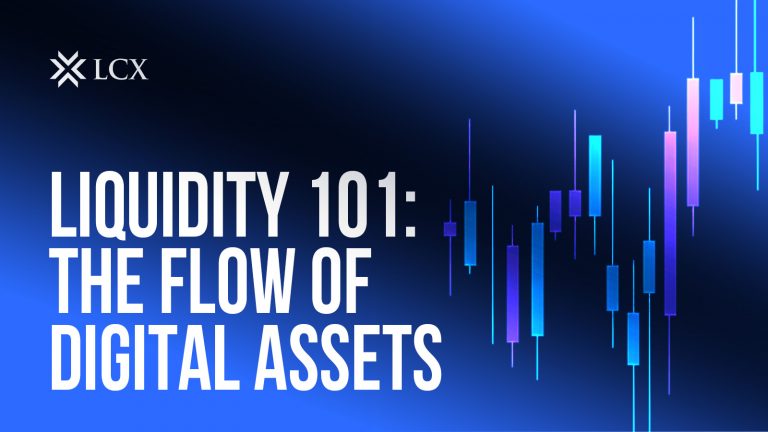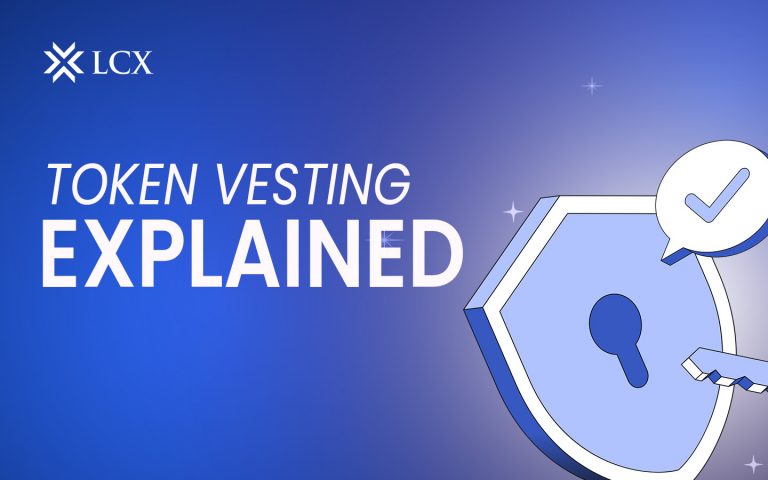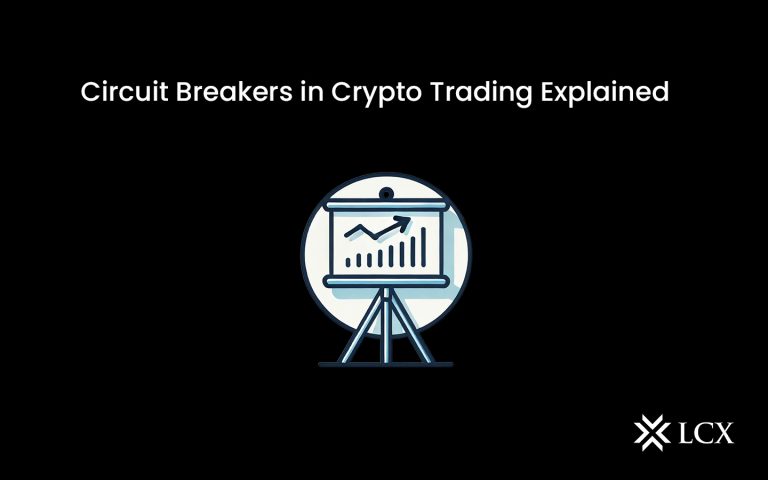When the iconic news of the bankruptcy filing by US investment bank Lehman Brothers Holdings Inc. in 2008 got noticed, it shook the faith of the people in banks so much internally that a new class of asset that does not need any backing from traditional banks came into the limelight, i.e., Bitcoin. Later, after a decade, cryptocurrencies have gained popularity and became the most debated financial asset globally.
There has been no turning back for cryptocurrencies since then. They started with the objective of decentralizing the financial trading system, but at that time, the only part was crypto trading. However, moving forward, the DeFi (Decentralized Finance) exchange got all the attention. This introduction to the world not only backed the trading part of cryptocurrencies but even had various use cases such as tokenizing digital assets, crypto loans, crypto derivatives, and so forth.
There is a need for a deep understanding of concepts like Centralized finance and Decentralized finance.
The moment cryptocurrencies were discovered, companies started looking for various ways to utilize them for numerous financial services. To administer them, there are two major platforms that are accessible:
1) Centralized Finance (CeFi) exchanges that play the role of a middleman to handle users’ crypto transactions and actions.
2) Decentralized Finance (DeFi) exchanges eradicate the requirement of any third party to manage the actions of users, therefore permitting technology to adopt and users having the control to handle their transactions and deals.
The ultimate goal of both the DeFi and CeFi platforms stays the same, i.e., to assist people to utilize cryptocurrencies for their every financial requirement and service. But there is a difference that they both execute entirely differently.
DeFi Vs CeFi
| DeFi | CeFi | |
| Services available | Borrowing, Lending, Payments, Trading | Trading, Borrowing, Fiat-to-crypto, Payments, and Lending |
| Market Cap | $136.35B | $324B |
| Funds Custody | The user has complete authority over funds custody. | Outside of the user’s custody |
| Personal Information | Proof of work | Pluggable Framework |
Various top CeFi exchanges have been executing crypto-financial services for quite a while now, and one of them is LCX Exchange. Users need to create an account with LCX and utilize the platform to make initial transfers and receive funds. Not only this, but LCX exchange is a regulated exchange containing eight licenses, which include TT Exchange Service Provider, TT Price Service Provider, TT Identity Service Provider, TT Token Custodian, Token Issuer on its own, Token Issuer for the clients, Token Generator, and TT Key Custodian, as it aims to expand its services. It offers the most secure trading experience, as users’ assets are secured by storing them in an offline, air-gapped cold storage system.
Undoubtedly, DeFi is the ideal one when it comes to personal data protection. The benefit that users get in DeFi is that they are the sole owners of their information, so there are no chances of stolen funds or misuse of them. Though Decentralized finance is even in its preliminary stages of evolution, the absolute value in DeFi contracts that are locked is beyond $41 billion as of March 2021.
Out of the many players of Decentralized Finance (DeFi) exchanges in the market, LCX established one of the world’s first compliant and regulated blockchain ecosystems for professionals, including its DeFi Terminal 2.0, also known as Fire Salamander.
It is a fully decentralized and advanced platform for trading in the DeFi space. With Fire Salamander, you can instantly, smoothly, and efficiently trade across the main decentralized exchanges. DeFi Terminal 2.0 supports various leading decentralized exchange platforms, including Uniswap V2, Uniswap V3, Kyber DMM, Link Swap, SushiSwap, Mini Swap, and Sake.
The main objective of LCX is to add new functionalities, public blockchain, and DEX connectivities eventually.
Both the platforms have a long road to travel down. It’s definitely up to us to educate the people regarding the potential they hold, as well as, like LCX, they are working hard to build a tool that shows the world the power of DeFi and CeFi. Similarly, we should also think about creating something more substantial and more advanced.


